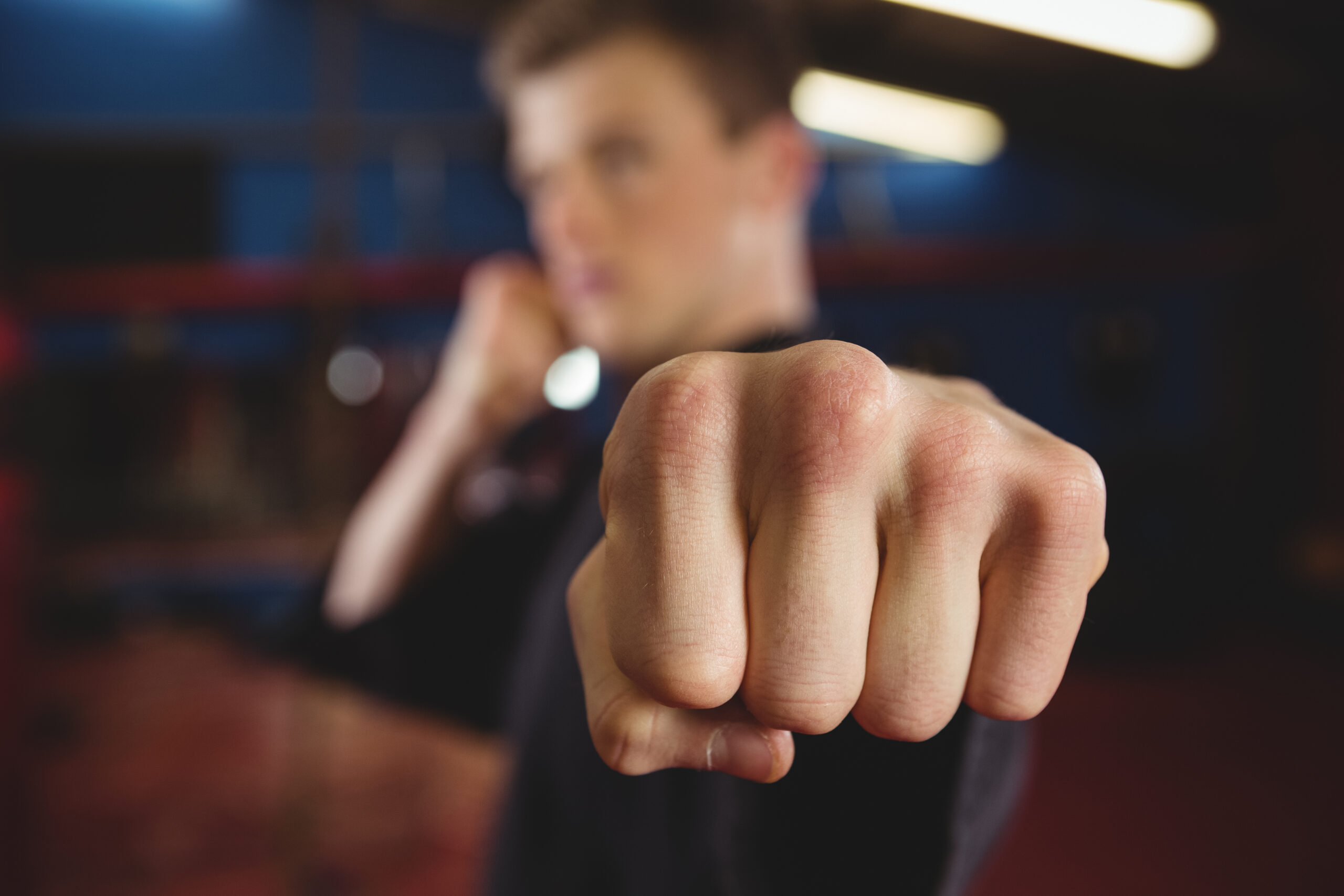Amateur Radio In Australia – What has gone so horribly wrong?
Flame throwers, bogans, abusers, arguments — you name it, it’s on the bands. What has gone so horribly wrong with amateur radio in Australia?
Just this week, a quick scan across 40 metres on a Monday morning found two amateurs (full calls, mind you) tearing into each other. It wasn’t just a quick spat — it went on for over half an hour. The so-called “audience” chipped in with comments: “Take this off air.” “This isn’t the place for it.” Yet the bickering rolled on, with one operator questioning the other at every turn. It was on for young and old.
This begs the question: what has happened to our hobby?
The Decline of On-Air Etiquette
Once upon a time, amateur radio in Australia was the domain of experimenters, tinkerers, and the technically minded. It was about building radios, stringing antennas, learning the art of propagation, and helping one another improve. On air, there was a sense of courtesy and camaraderie. Sure, there were disagreements, but they were kept civil and often settled with respect.
Now, too often, the HF bands sound like a pub brawl with a microphone. Abuse, politics, bigotry, and pointless arguments have crept in. Instead of lifting each other up, too many are trying to tear each other down.
Why Has This Happened?
A few factors may be at play:
- Lower barriers to entry – Licensing changes made it easier to get on the air, which is great for growing numbers, but hasn’t always encouraged a culture of learning and respect.
- The internet effect – Just like social media, some hams treat the airwaves as a place to vent, forgetting that it’s a public spectrum.
- Lack of mentoring – Once, new hams had strong mentors guiding them. Now many operators are left to figure it out alone, picking up bad habits along the way.
- Frustration in society – Broader cultural divides and anger often spill onto the bands, where anonymity behind a callsign feels like protection.
Where To From Here?
If we want amateur radio in VK to thrive again, we need to get back to the basics:
- Encourage learning and experimentation rather than arguments.
- Promote courtesy on-air and call out poor behaviour in a constructive way.
- Support clubs and mentorship so new operators have role models worth following.
- Remember the simple joy of radio: making a contact, sharing knowledge, and building community.
The airwaves are one of the last great commons we have. They should reflect the best of us — not the worst.



This is sadly so true, which is why I have stayed on the VHF and UHF bands.
Paul – VK7AAL